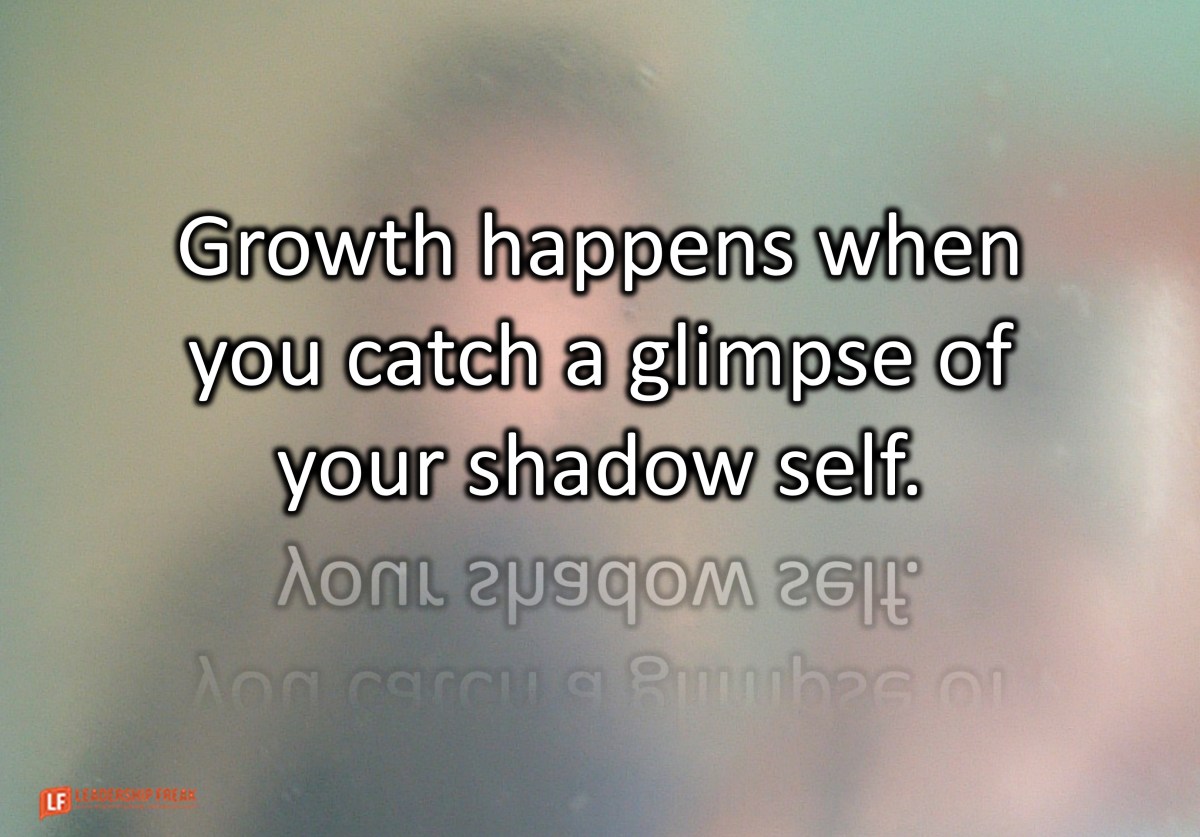Taking Time Off isn’t the Answer
Taking time off isn’t the answer when you don’t know how to live. A four-day workweek is pointless for miserable people.
Do you live to work or work to live? The answer is YES.
Taking time off isn’t the answer if you’re frantic and distracted during time on. Living for the weekend is futility.
Unrelenting obligations seduce you into the false belief that life is meaningful.
Work is futility when your body shows up but your heart stays home.
Time off isn’t the answer:
Wherever you go, take yourself with you.
#1. Taking time to start slowly.
“Start the day slowly.” Ken Blanchard
Self-reflection is a lighthouse.
It doesn’t take long to start your day slowly, only 10 or 15 minutes.
Tell your task-list you’ll be right there. Engage in spiritual practice.
- Read.
- Pray.
- Meditate.
- Breathe
- Write in a journal.
- Set an intention for the day.
- ????
You already crashed if you leave home without yourself.
A short morning ritual is a point of stability in a turbulent world.
#2. Taking time for self-development.
Arrogant self-sufficiency destroys us and laughs when we crash.
The dumbest thing leaders say is, “I’m too busy to take time for self-development.”
Sharpen your ax or you will work yourself into oblivion.
#3. Taking time to practice gratitude.
- Schedule gratitude walkabouts. (or zoom calls.)
- Write down one point of gratitude before you go to bed. It’s OK if you want to write more.
- Jot down three positive qualities of the people on your team.
#4. Taking time to lower your expectations.
There is a measure of futility in everyone’s life. Every pursuit or aspiration is a reminder that you aren’t there yet, and you never will be. Accept it.
What does living well look like in a turbulent world?
Like this:
Like Loading…












